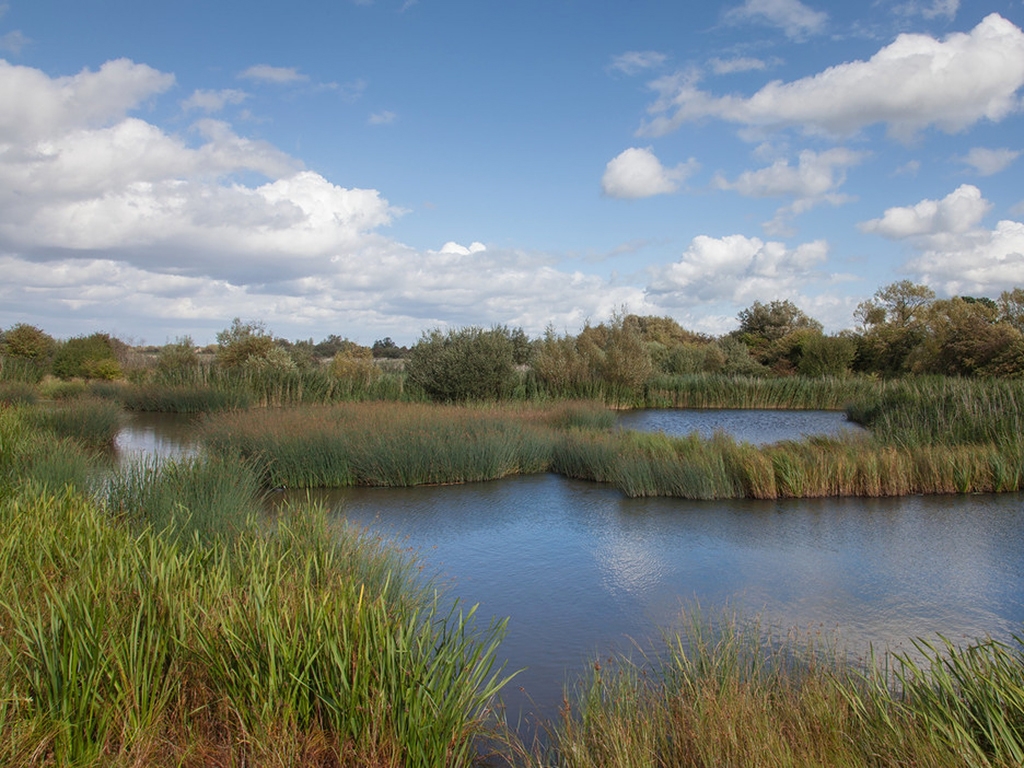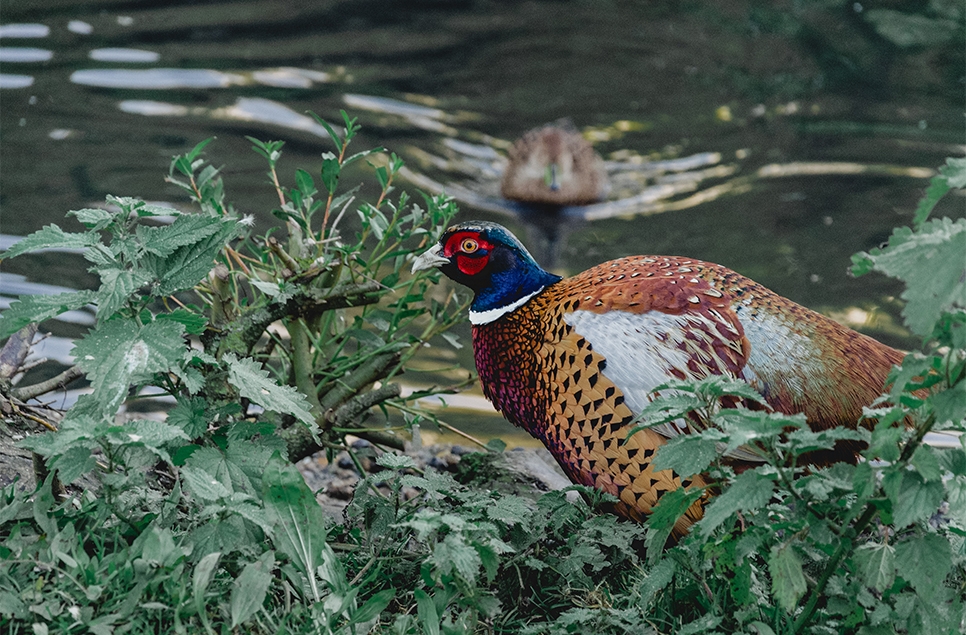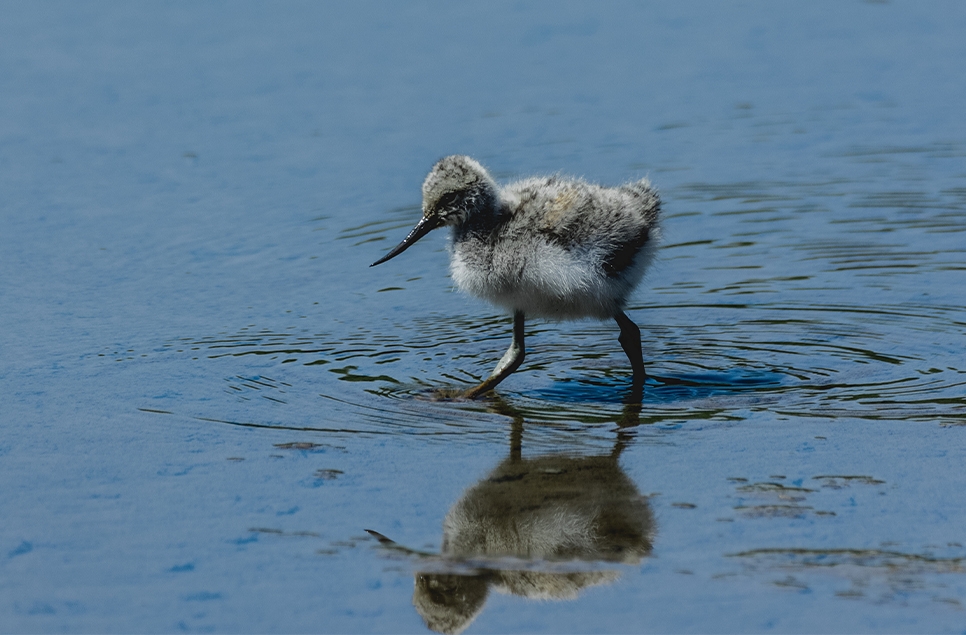Rescue effort saves rare eggs after spring flooding
Unseasonal April downpours have forced tens of thousands of birds to nest away from the safety of the wetlands after their habitat in the Fens, East Anglia became submerged.
Conservationists, trying to protect the rare black-tailed godwit, discovered clutches of their eggs on nearby farmland, trapped in mud, sparking fears over their future. Thankfully, farmers and conservationists were able to work together to help save the eggs.
A total of 32 eggs were collected from arable land and are now in incubators at Welney as part of the pioneering nature-conservation scheme Project Godwit - a partnership between WWT and RSPB, which aims to boost UK godwit numbers.
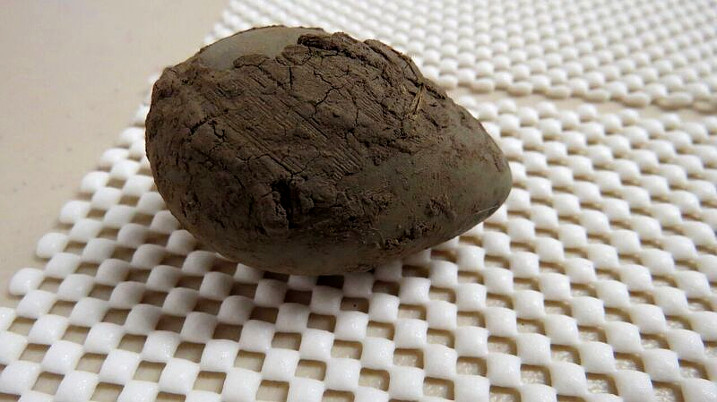
Hannah Ward, RSPB Project Manager at Project Godwit, said:
The Nene and Ouse Washes in The Fens are two of just a handful of sites in the UK where black-tailed godwit breed.
Historically, they nest on the washes, but the high water has forced them onto wheat fields where eggs have been fused to the mud and the tall crops conceal potential predators. Due to the conditions these eggs have been subjected to, we are anticipating a reduction in the numbers of eggs that hatch.
Conservationists have been using a technique known as head-starting - raising young birds from eggs collected in the wild - to help boost the UK godwit population. Their numbers at the Ouse Washes are now critically low but it’s hoped that head-starting in combination with the creation of wetland habitat could restore the population to the numbers seen in the 1970s.
The Ouse and Nene Washes in the Fens are artificial wetlands, created in the 18th century, to drain the surrounding land for farming.
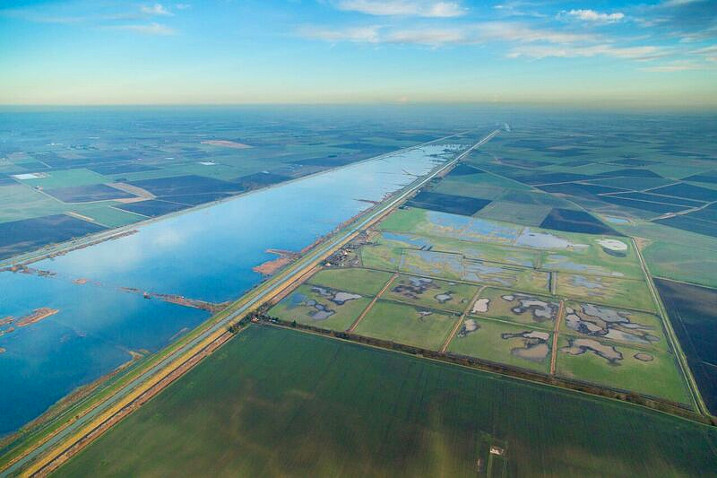
Leigh Marshall, Centre Manager at WWT Welney, said:
The change in climate, as well as pressures from increased run-off from housing developments upstream, means we are getting excess water later in the year, particularly when ground nesting birds are using the Ouse and Nene Washes in spring and early summer.
Flooding traditionally used to occur in the winter but over the past twenty years we are seeing an increasing shift into the spring, affecting two wetlands which are the most important sites for breeding waders in the UK. The provision of more sustainable drainage systems along the catchment area, would help wetlands sites like the Ouse and Nene Washes.
To address this, WWT has created a nature reserve just next to WWT Welney adjacent to the Ouse Washes, which provides safe godwit breeding areas. The RSPB is creating and improving similar sites at other locations around the washes.
Head-starting is just one aspect of Project Godwit which also focuses on monitoring, habitat management and trialling conservation techniques.
Project Godwit is a partnership between RSPB and WWT with major funding from the EU LIFE Nature Programme, HSBC’s 150th Anniversary Fund, Natural England and the Heritage Lottery Fund, through the Back from the Brink programme. The project aims to secure the future of breeding black-tailed godwits in the UK.
Conservationists are encouraging birders to look out for these special birds. Sightings can be registered at projectgodwit.org.uk.
